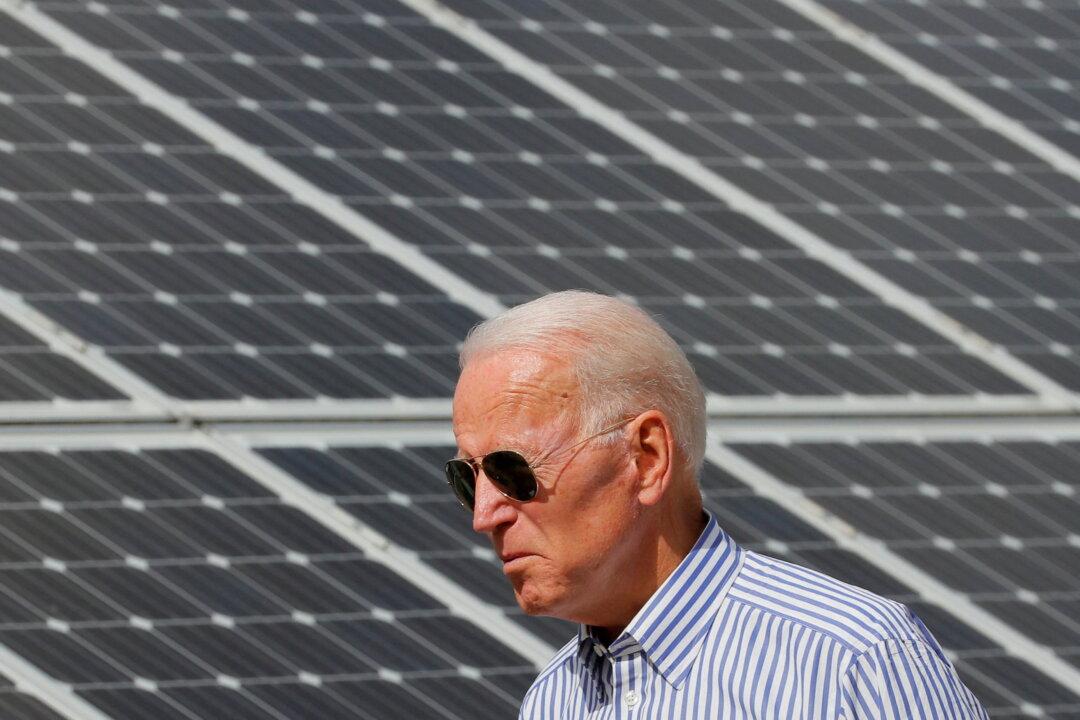The House Ways and Means Committee had a busy Wednesday morning focused on China, starting with a vote against the Biden administration’s emergency move to shield some Chinese-made solar panels from tariffs.
“Congress must act in this instance to hold accountable bad actors in global trade, and in particular, Chinese wrongdoing,” said Rep. Jason Smith (R-Mo.), who chairs that committee.





